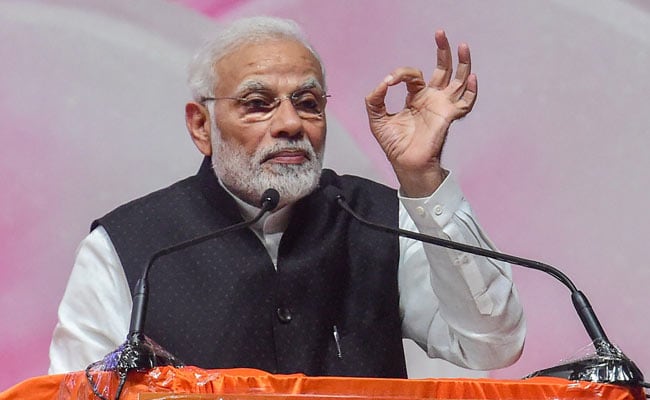Amid the debate over job-crisis in the country, Modi government has claimed that it has generated 3, 79,000 jobs in the departments and ministries of the central government. While addressing the parliament, PM Modi cited the data of Employee Provident Fund Organization (EPFO) and National Pension Scheme (NPS), Income Tax filings and sale of vehicles to say that millions of jobs have been created in both formal and unorganized sectors. The number of jobs created in the formal sector was estimated on the basis of registrations made under EPFO, NPS, and IT filings, while in the unorganized sector, the employment opportunities are being estimated through activities in infrastructure, hotel industry, and transport sector. As long as the problem with jobs data collection is not solved, this appears to be the best way to measure the employment opportunities being created in the country.
The Indian Railways which has the strength of 12, 70,714 is the largest employer in the country and is expected to generate 98,999 jobs by March 1, 2019. Under the leadership of Piyush Goyal, Indian Railways has generated the maximum number of government jobs in the country. Also, the police department is expected to generate 79,353 jobs against the total strength of 10, 52,351 as on March 1, 2017.
The highest proportional increase was witnessed in the Indirect Tax department where the total number of employees went up to 92,842 by March 2018 from the existing 53,394 employees as of March 2017. This is the addition of more than one-third of the existing strength in a year. The Ministry of Civil Aviation will have 2,363 more employees by March 2019.
The Department of Posts will have 4, 21,068 personnel in the current year against the total strength of 41, 88, 18 as of March 2017. The Ministry of External Affairs has created more than 1,800 jobs in two years and the strength of the ministry has increased to 11,877 in 2018 from 10,044 in March 2017.
The formal jobs in the private sector are also rising at an exponential rate. Major IT companies in the country are on a hiring spree, with recruitment in the first three quarters of the fiscal year surpassing the total recruitments made in the previous year. The four major employers in the IT sector- TCS, Infosys, Wipro, and HCL recruited 70,000 people in the first nine months to December 2018, while their total recruitment for the whole of the fiscal year 2017-18 stands at 13,972.
As per an article by TV Mohandas Pai & Yash Baid in the Financial Express, the transport sector generated 34 lakh jobs in FY 18 while in the first 9 months of FY 19, almost 28 lakh jobs were created. The data from Society of Indian Automobile Manufacturers (SIAM) and the Tractor and Mechanization Association (TMA), the apex bodies for the automobile and farm mechanization, (for tractor sales) give a clear picture that job creation has grown at a steady pace in the sector.
The middle-class of the country is leaving low-quality jobs as enough number of formal jobs are being created in the country. The major problem in the country is a lack of high-quality jobs and not unemployment. To put it in perspective, if one looks for household help i.e. mechanic, electrician, car washer, delivery boy, one seldom gets it, as they generally charge more than an average engineering grad. A battery rickshaw puller in Delhi earns more than an engineering grad, therefore, India needs to create more ‘formal high-quality job’.
